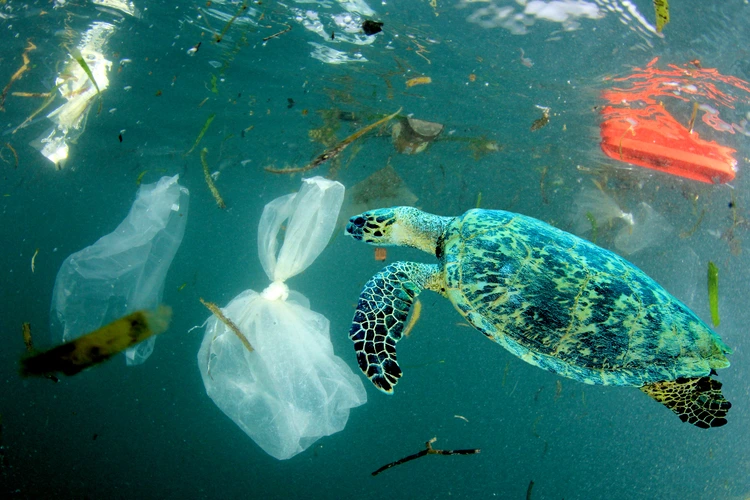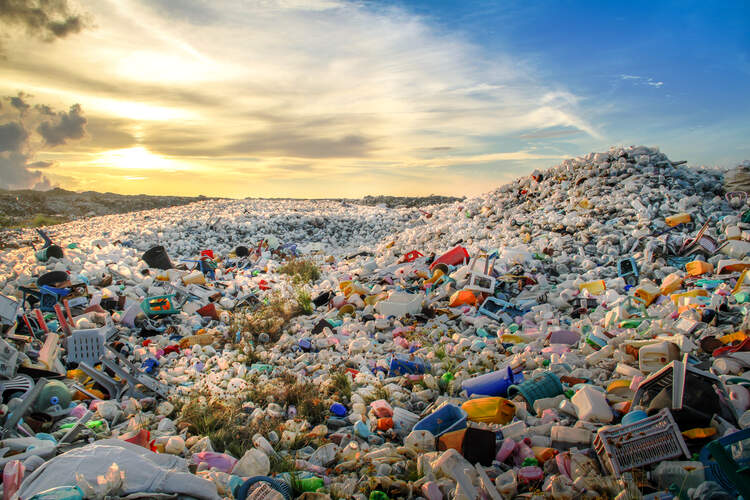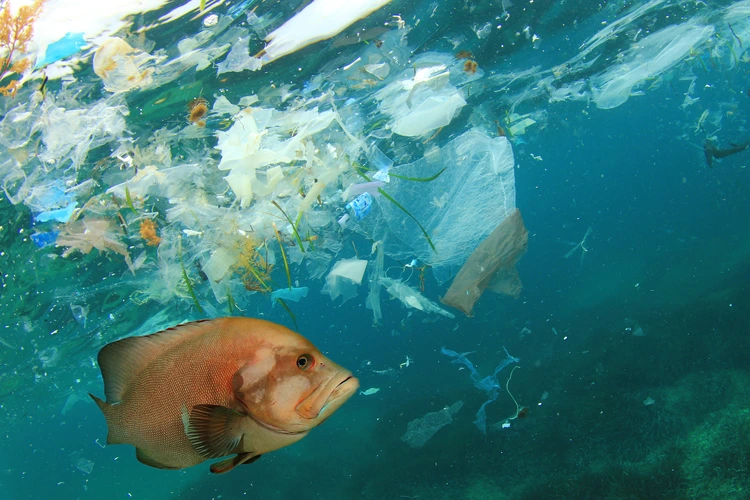
After three years of negotiations, UN efforts to finalise a global plastic pollution treaty are in troubled waters as draft treaties rejected
By
Negotiations on the world’s first legally binding treaty to end plastic pollution have failed to reach a consensus. More than 180 countries have been working at the UN in Geneva since 5 August to conclude a first international accord on dealing with plastic pollution, yet no further action has been agreed upon.
Almost 100 countries have rejected the new draft treaty as both ‘unambitious’ and ‘inadequate’, as it fails to include production caps and does not address chemicals used in plastic production.
Enjoying this article? Check out our related reads:
Countries including Australia, Canada, Mexico and many Pacific nations have rallied for legally-binding measures to be put in place to limit plastic at the source. This includes measures such as limiting plastic production, as well as curbing toxic chemicals found in plastic.
On the other side of the fence, many oil and plastic-producing nations – such as Saudi Arabia, Russia and Iran – have rejected the treaty’s production limits and instead want it to focus on methods including waste management and recycling.
In the past three years – across five previous rounds of talks – the major divisive topic has been deciding whether to cap plastic production or to instead focus on issues such as better design, recycling and reuse.
The new treaty contains a singular mention of plastic production, with an article on production from a previous draft now removed. There is no mention of chemicals, and a reference to the ‘full life cycle’ of plastics has been removed.

Greenpeace have described the new text as a ‘gift to the petrochemical industry and a betrayal of humanity.
‘By failing to address production or harmful chemicals in any way, this text glorifies the industry lie that we can recycle our way out of this crisis, ignoring the root cause: the relentless expansion of plastic production,’ said Greenpeace’s head of delegation Graham Forbes.
For the co-founder of Plastic Health Council, Sian Sutherland, the treaty is ‘doomed to be rejected by many member states.’
‘The UN assembly has been presented with a draft treaty that fails to mention the three most critical words: health and production caps,’ Sunderland said. ‘Instead of a historic plan to protect human health and the planet, negotiators face a weak, voluntary text that ignores mounting evidence of harm, from microplastics in our blood and lungs to endocrine disruption affecting fertility and child development.’
‘By ducking binding limits on production, the draft hands the fossil fuel industry a lifeline in plastics as the world moves away from oil and gas,’ Sunderland continued.
The European Union has branded the proposal as ‘not acceptable’ and lacking in ‘clear, robust and actionable measures,’ while Tuvalu – speaking for 14 Pacific island developing states, said the draft risked producing a treaty ‘that fails to protect our people, culture and ecosystem from the existential threat of plastic pollution.’
For the UK, the draft is a text that drives countries towards the lowest common denominator, while Kenya said the new draft had ‘no global binding obligations on anything.’
Conversely, petrostates such as Kuwait – speaking on behalf of oil-producing states – said the text had ‘gone beyond our red lines’.
‘This is not about lowering ambition: it’s about making ambition possible for all,’ Kuwait continued.
A new draft is now expected to be published on Thursday, the final day of negotiations in this round of talks.
How is plastic impacting our environment?
Each year, more than 400 million tonnes of plastic is produced globally. More than 50 per cent of this is used just once before being thrown away, and 98 per cent of single-use plastic originates from fossil fuels.
Despite popular belief in the benefits of recycling, only 9 per cent of plastic ever produced globally has been recycled.

Plastic has worked its way into every crevice of life, infiltrating oceans, animals and even our brains. Scientists estimate there are about 171 trillion pieces of plastic in the ocean, with an estimated 300,000 whales, dolphins and porpoises dying each year from discarded plastic fishing gear. By 2050, there could be more plastic than fish in the sea.
During one study, microplastics were found in the blood of 80 per cent of people tested. In another, microplastic pollution has been recorded in all samples of semen from a human study




